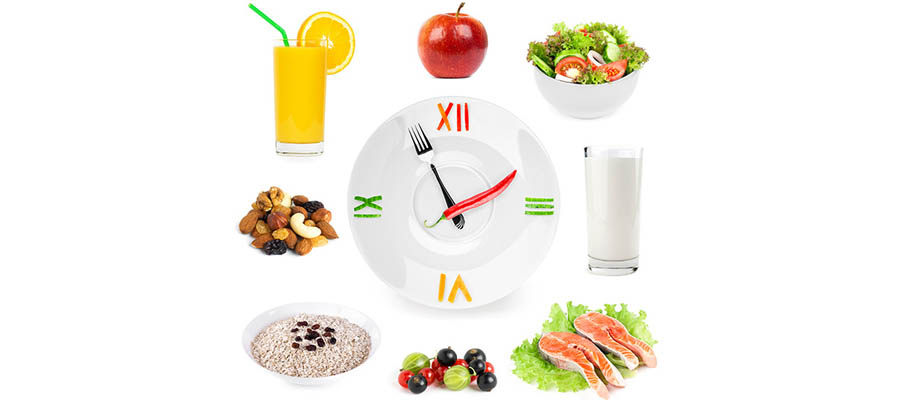
It has long been thought that eating little and often is the best way to get lean, with the idea being small meals every 2-3 hours is the best way to keep your metabolic fire stoked. It easy to see why, when we look at the observational research, people who eat larger meals less frequently tend to have higher BMIs, so are associated with higher waist circumferences and higher risk of diabetes. It’s also seen observationally that people who are very lean, I.e. bodybuilders, physique models, bikini models, professional athletes etc all tend to eat small meals more frequently. However these are just correlations, lets see what the science actually says when these claims are put to the test.
Before we get started, I’d just like to say I am looking at this from a weight loss/fat loss point of view, not from a muscle building point of view. Small meals with certain macronutrient content at regular intervals has been shown to aid in muscle building in an appropriate calorie surplus, and also aids in muscle retention in a calorie deficit. Here we are talking purely about weight/fat loss.
The Truth
Are the rules the same when it comes to everyday people (not bodybuilders) just waiting to lose weight? One study by Cameron et al (2010) showed that when calories were matched, there was no significant difference in weight loss in 2 groups of people where one group ate 3 meals per day and the other group ate 6. Now you might by saying “ah but what about the thermic effect of food? Eating small meals more frequently means your body is burning more kcal all day from digestion right?” Well not necessarily, for example a study was done way back in 1991 in which 1 group ate 1 meal with 750kcal in it and the other group ate 6 meals with 125kcal per meal and it showed the 1 meal group actually burned more kcal that day from their metabolism! However the difference was only 16kcal so it’s nothing to write home about, my point being that when kcal are matched, it doesn’t really matter too much.
The Application
Ok so we have seen that in a controlled, scientific environment, that when calories are matched there is no impact on weight loss or fat loss from eating more smaller meals per day. So how can you apply this information to your everyday life to improve your body composition, health, energy, digestion, sleep etc? What is the best way to eat for everyone? Really the best way that you can eat with regards to meal frequency, is to eat as your schedule allows. You don’t have to panic if you haven’t eaten every 2-3 hours, nor do you have to force feed yourself breakfast if you’re simply not hungry. Don’t let this take away from the underlying principle of ‘kcal in vs kcal out’, as this is what is going to cause someone to gain or lose weight, you have to be in a kcal deficit to lose weight, end of. Your diet should fit nicely into your lifestyle because what is more important than cleverly structured nutrition is simply adherence, If you can’t stick to the diet then it will NEVER work!
Personally, I am a fan of the smaller meals more often principle because I feel when I eat really large meals less often, it puts a much greater load on my digestive system so all your blood goes there instead of in the muscles so I feel really tired (nothing to do with carbs and insulin spikes as we once thought). This then effects my appetite because if I wait too long between meals I end up overeating and feeling bloated, have less productivity, poor workouts, poor mood etc so for me I don’t think it’s a good idea. However everyone is different, you have to find what works for you, this approach might not work for someone who is in back to back meetings all day.
So my advice is to eat however your daily lifestyle allows so long as you stick to the basics of:
- Calories are accounted for
- Protein requirements are met
- Plenty of vegetables and fibre
- Enough water
- No junk food
- Etc
Speak to one of our coaches or nutritionists about how you can get a tailored nutrition plan that will work but one that you can actually stick to, it should improve the quality of your life not just add more stress and feelings of failure to it.


 WhatsApp us
WhatsApp us 
No comments yet, but you can be the first